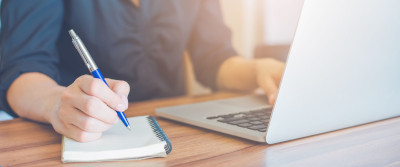Latest news and stories
NHMRC Media
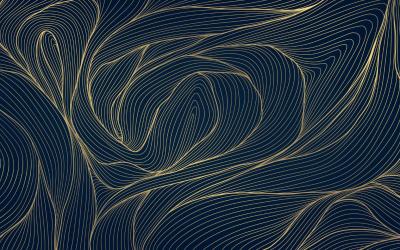
Speaking of Science: Cultural safety and fostering connections to social and emotional wellbeing with Associate Professor Yvonne Clark
'We work a lot with families, babies, pregnancy and young people, and our goal is to see them flourish or to do research that can move them towards that trajectory of flourishing and not just always surviving.'

Recognising outstanding contributions to Australian health and medical research
Professor Emily Banks AM, recipient of the 2025 NHMRC Outstanding Contribution Award, is a public health physician and epidemiologist working towards improving health and healthcare, at an individual and population level. With interests spanning chronic disease, tobacco control, Aboriginal and Torres Strait Islander Health and healthy ageing, Professor Banks’s extensive research into population health is changing public behaviours, guiding healthcare professionals and having a significant impact in the community.
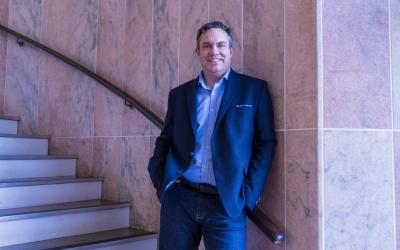
Recognising excellence in developing a world-first Indigenous wellbeing index
Ngiyampaa/Wongaibon social epidemiologist and recipient of the 2023 NHMRC David Cooper Clinical Trials and Cohort Studies Award, Professor Raymond Lovett has focused his career on improving Aboriginal and Torres Strait Islander health. As an Associate Director of Yardhura Walani (Australian National University) and Director of Mayi Kuwayu: The national study of Aboriginal and Torres Strait Islander wellbeing, Professor Lovett’s research has influenced policy at state and national levels, as well as empowered communities at the local level. He is now aiming to take this to the global stage through the development of a world-first Indigenous wellbeing index.

Speaking of Science: Interrogating the physiology of the human vagus nerve with Professor Vaughan Macefield
A new era of research that promises to uncover novel information on the physiology of the human vagus nerve is unfolding right before our eyes.
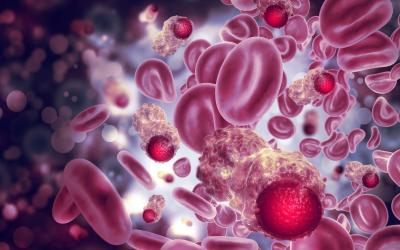
Speaking of Science: Discovering a breakthrough in the fight against cancer with Professor Andrew Wilks
World Cancer Day, observed annually on 4 February, raises awareness about cancer, encourages its prevention, and mobilises action to address the global cancer epidemic.
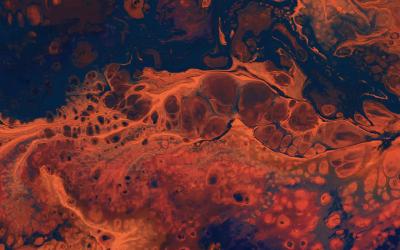
Centering Indigenous research excellence now and into the future
NHMRC is committed to improving the health of Aboriginal and Torres Strait Islander peoples through funding research of the highest quality, integrity and excellence. We also encourage applications across our grant funding program that address Aboriginal and Torres Strait Islander health.
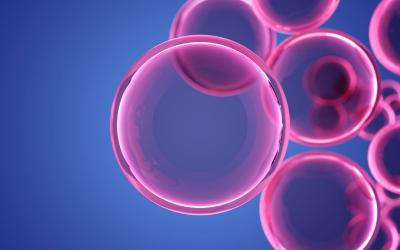
Speaking of Science: Breast Cancer Awareness Month with Professor Belinda Parker
Did you know that breast cancer is the second most common cancer to cause death in women? In Australia, 1 in 7 women will be diagnosed with breast cancer in their lifetime.
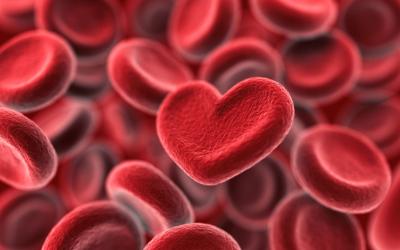
Speaking of Science: SOLVEing Coronary Heart Disease with Professor Julie Redfern
Cardiovascular disease is the world’s number one killer.
On a national scale, coronary heart disease is the leading single cause of disease burden in Australia and causes 11% of all deaths, sparking a real need to make transformative improvements in cardiovascular health management for all Australians.
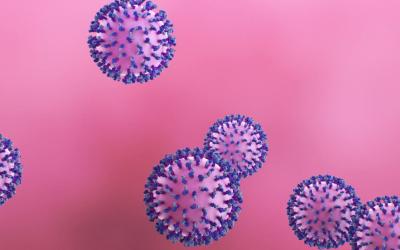
Speaking of Science: Synthetic Biology (designer cells and antibodies) with Professor Shalin Naik
National Science Week is an annual celebration that promotes and encourages interest in STEMM and acknowledges the contributions of Australian scientists to our ever-growing world of knowledge.
In this Speaking of Science webinar held during National Science Week (10 August – 18 August 2024), we were joined by the inspirational cell biologist and Laboratory Head at WEHI and the University of Melbourne, Professor Shalin Naik. Professor Naik is well versed in communicating complex science concepts across to the public in more simple ways where possible, and without belittling the important work that underlies it. In this webinar, he did just that!

Speaking of Science: International Research Translation Practice
Knowledge gained through research underpins improvements in Australia's health and medical services. This research can be fundamental or can be applied, directly addressing clinical problems, public policy, quality of life and environmental health issues or the provision of health services.
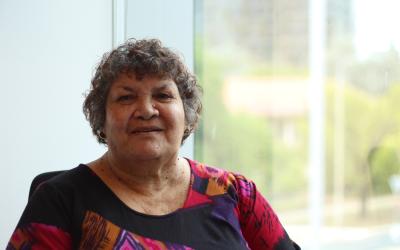
Celebrating a 25-year legacy of Aboriginal and Torres Strait Islander health research with NHMRC
Professor Yvonne Cadet-James, the pioneering researcher, academic, mentor, registered nurse and midwife is celebrating a 25-year legacy of Aboriginal and Torres Strait Islander health research at the National Health and Medical Research Council (NHMRC).
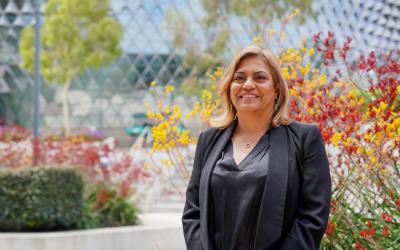
Research Excellence: Advancing health equity of the Aboriginal and Torres Strait Islander population
Associate Professor Odette Pearson is of Eastern Yalanji and Torres Strait Islander descent and coleads the Aboriginal Health Equity Theme, South Australian Health and Medical Research Institute. Her research focus is improving chronic disease and ageing outcomes of Aboriginal and Torres Strait Islander peoples through policy and guideline development and implementing and evaluating real world health and social interventions. Aboriginal leadership, governance and community and cross sector partnerships are foundations of her research. A/Prof Pearson has received the Lowitja Institute Patricia Anderson Leader in Aboriginal Research (2023), UniSA Alumini Award for Research in Aboriginal Health (2022) and The Diane Ranck, SAHMRI award for Leadership in Research (2022).

Speaking of Science: International Men’s Health Week
For the 30th anniversary of International Men’s Health Week (10–16 June 2024), NHMRC shined an important light on key issues impacting the health and wellbeing of Australian men and boys, focusing on the 3 pillars of health: physical, mental and emotional.

Speaking of Science: Unlocking the power of Indigenous co-design and intervention: Transformative outcomes through authentic collaboration
National Reconciliation Week is a time for all Australians to learn about our shared histories, cultures, and achievements, and to explore how each of us can join the national efforts towards achieving national reconciliation.
In this Speaking of Science webinar held during National Reconciliation Week (27 May – 3 June 2024), we were joined by distinguished researcher and Indigenous leader, Professor Maree Toombs (Professor of Aboriginal and Torres Strait Islander Health in the University of New South Wales School of Population Health) who walked us through an incredibly moving presentation.

Speaking of Science: Towards a National Indigenous Genomics Agenda
Harnessing the power of research by combining genomics, precision medicine and public heath can help to address the long-term health and wellbeing of Aboriginal and Torres Strait Islander people.
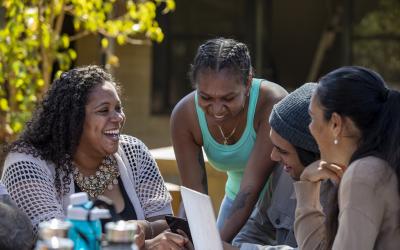
Community-designed and delivered suicide intervention
Warning: Some people may find parts of this content confronting. If this material raises any distress, contact Lifeline on 13 11 14, Call 13YARN or Kids Helpline on 1800 55 1800.
A self-described grassroots Aboriginal researcher, Professor Maree Toombs is responsible for developing the first Indigenous-led and designed suicide intervention training program in Australia, creating space for connection to traditional lands and culture as part of life-saving support.
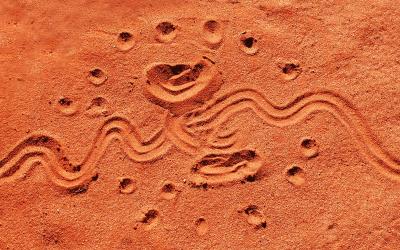
Mentors inspire an Indigenous research career with impact
Professor Cath Chamberlain, a Palawa woman of the Trawlwoolway clan (Tasmania), received an NHMRC Early Career Fellowship in 2014 to find culturally safe ways to improve cardiometabolic health outcomes in Aboriginal and Torres Strait Islander mothers.
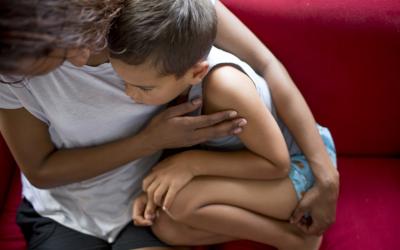
Delivering a legacy of culturally safe maternity care
Professor Rhonda Marriott AM, a descendant of Nyikina people of the Kimberley, has devoted five decades to nursing and midwifery in clinical, academic and research roles.
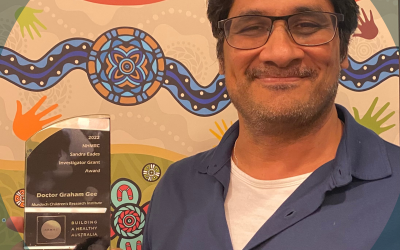
Research Excellence: Supporting healing and recovery for Aboriginal and Torres Strait Islander survivors of childhood sexual abuse
Dr Graham Gee is an Aboriginal-Chinese man, also with Celtic heritage, originally from Darwin. His Aboriginal-Chinese grandfather was born near Belyuen on Larrakia Country. Dr Gee is a clinical psychologist and has worked at the Victorian Aboriginal Health Service for 11 years before taking up a research position at the Murdoch Children’s Research Institute. His early career research focused on Aboriginal and Torres Strait Islander mental health, social and emotional wellbeing, resilience and complex trauma. In 2022, Dr Gee commenced working in partnership with several Victorian Aboriginal services dedicated to healing child sexual abuse. Read more to find out more about Dr Gee’s research, in his own words.
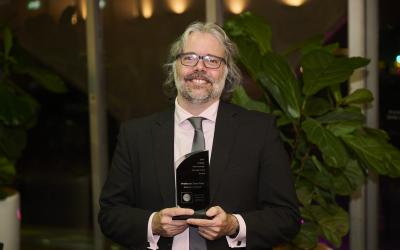
Research excellence: understanding the first few weeks of pregnancy
Professor Jose Polo’s work in epigenetics spans diverse fields, including cellular reprogramming, embryogenesis, neurobiology, immunology and cancer. His Synergy Grant brings together a multidisciplinary team who will combine the latest advances in models of early development, genetics and molecular biology to determine how the early placenta produced by the embryo burrows into the uterus and keeps developing during the entire pregnancy.
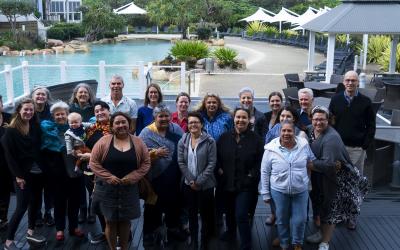
Communities driving health care research
'It’s about coming with an open mind and heart, and willingness to deeply listen to community… to have any preconceptions challenged and re-learn ways of doing research' - Dr Veronica Matthews , co-lead investigator, STRengthening systems for InDigenous healthcare Equity (STRIDE)

Making a decision to do the hard research, that’s what discovery is about
Deciding to commit to a research life is brave – so is committing to do the hard research. Professor Cath Chamberlain says with Aboriginal and Torres Strait Islander health, in particular, 'we are going to need to take some more risks to do things differently'.

Internship brings entirely new set of skills
Sharna Motlap has always been interested in creating and implementing evidence-based programs specifically tailored to Indigenous communities.
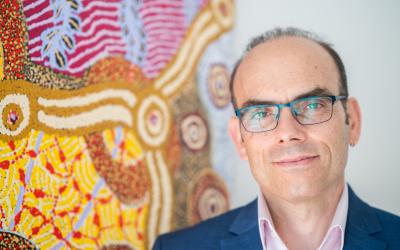
HEAL national research network addressing the health effects of environmental change
The Healthy Environments and Lives National Research Network (HEAL) was announced at the end of 2021 with a grant of $10 million over five years, as an NHMRC Special Initiative to provide national and international leadership in environmental change and health research. HEAL formally starts in May 2022; a lot of groundwork has been done to create the foundations for a large and diverse collaboration to deliver its ambitious work plan over the next five years and beyond.
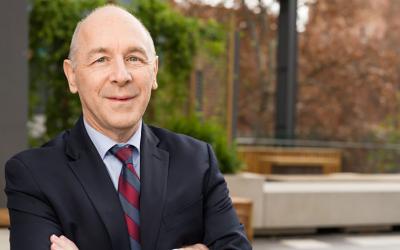
Crossing disciplines to answer complex research questions
University of Adelaide's Professor Ian Olver received the 2021 NHMRC Ethics Award in recognition of his significant contribution to Australian health and medical research ethics over the last decade. As chair of NHMRC’s Australian Health Ethics Committee, and as a valued member of NHMRC Council from 2012 to 2018, his balanced and considered leadership style and willingness to engage sensitively on tough issues supported a wider understanding of the ethical impact of emerging health and medical research innovations and technologies.
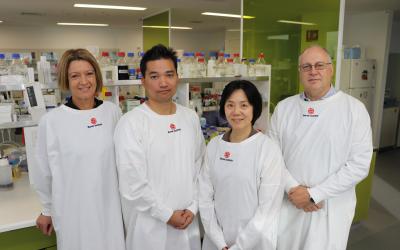
Australian research delivers rapid Hep B test for earlier treatment
Hepatitis B is an infectious disease that causes the liver to become inflamed and contributes to increasing rates of liver cancer in Australia and globally.
Improving kidney health for Aboriginal and Torres Strait Islander people
Associate Professor Jaqui Hughes from the Menzies School of Health Research received the 2019 NHMRC Clinical Trials and Cohort Studies Award at NHMRC’s Research Excellence Awards ceremony in March 2020. Kidney disease is a significant health priority among Aboriginal and Torres Strait Islander communities. The cohort study being led by A/Professor Hughes will describe the long-term changes in kidney function over 10 years. This will provide critical data to inform regional and national policy on identification and care of people with kidney disease.
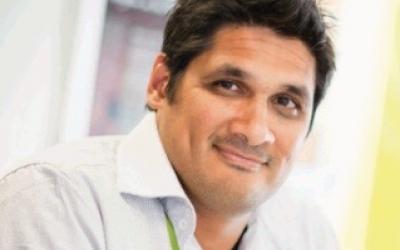
Aboriginal mental health research and the importance of resilience
Developing better understanding of effective therapeutic practices with Aboriginal clients, in Aboriginal community settings, and with Aboriginal practitioners, across the spectrum of mental health and social and emotional wellbeing outcomes is the goal of Dr Graham Gee.

Blending disability and Indigenous research
‘The rate of disability among Indigenous Australians is almost twice as high as that among non-Indigenous people'1

Bringing innovative research into clinical practice
Now an ear, nose and throat surgeon, Associate Professor Kelvin Kong was destined for health care. Growing up Kelvin and his sisters were always keen to help his mother, a Registered Nurse, whenever she had a one of their mob come around to remove a suture, tend to a cut or get a vaccination.
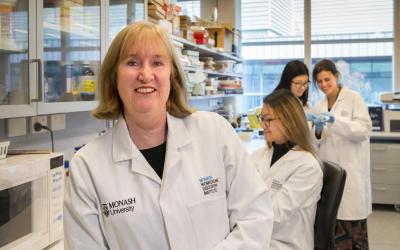
Protecting premature babies from kidney disease
‘18 per cent of all Indigenous Australian adults have chronic kidney disease—two times as likely as non-Indigenous Australians.’
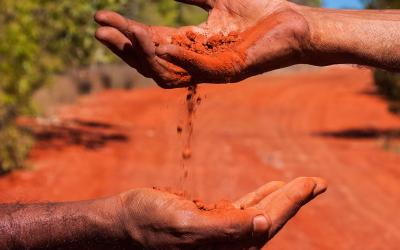
Extraordinary life of an Indigenous medical researcher
‘I have just felt really privileged for most of my life, I love my work, I love what I do, and I really enjoy the people I work with, and it comes from spending part of my career in medical research. It just gives you a lot of flexibility and opportunities that you don’t get with standard clinical hospital jobs or general practice.’
